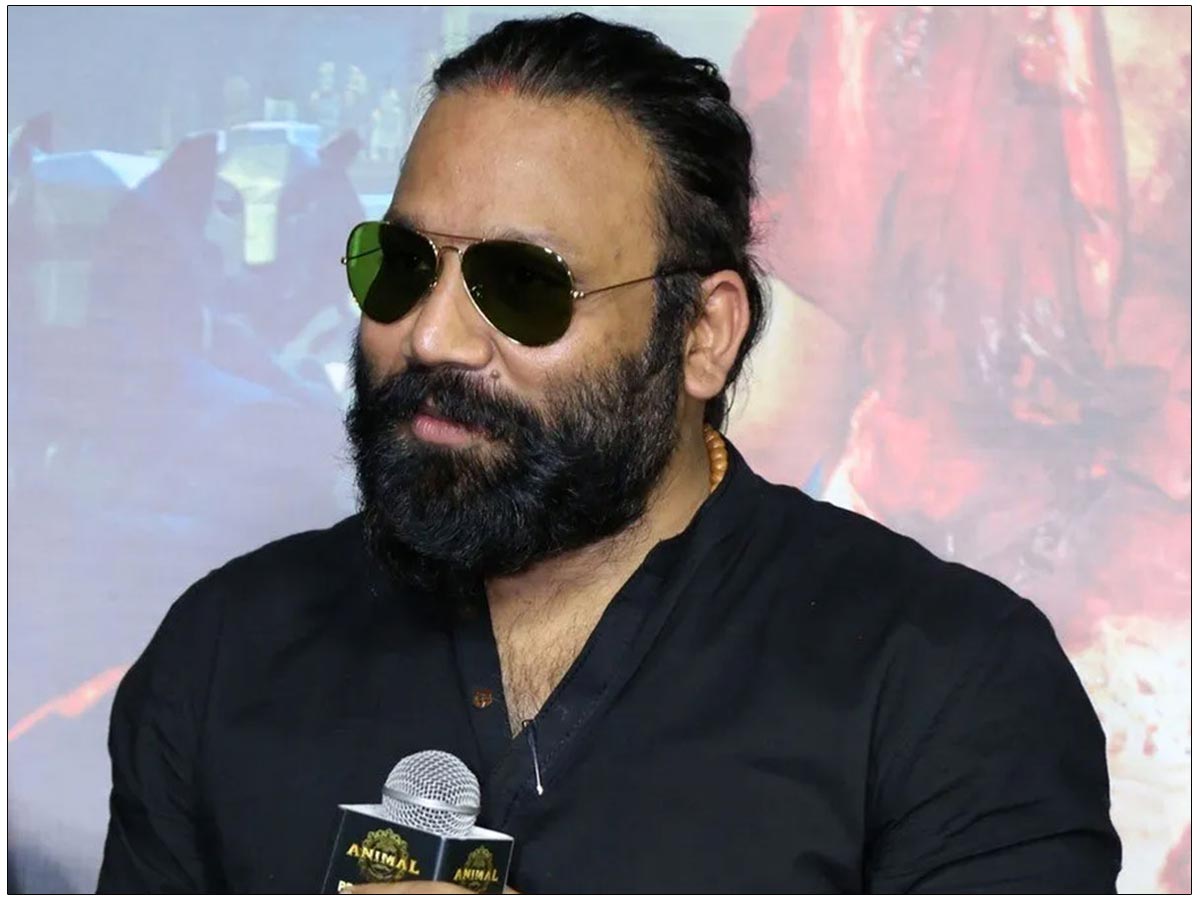
Sandeep Vanga's hard take on critics. Renowned scriptwriter and lyricist Javed Akhtar, speaking at the Ajanta Ellora International Film Festival, expressed his apprehensions about the societal appreciation of certain character portrayals in films. While he refrained from directly referencing the film "Animal," it was evident that his comments were directed towards it. Akhtar emphasized the responsibility of young filmmakers in shaping characters that society applauds positively. He cited examples like a man asking a woman to lick his shoe or condoning violence against women, expressing concern about the potential dangers if such depictions gain widespread popularity.
In response to Akhtar's criticism, Sandeep Vanga, the director of "Animal," defended his film, aiming to educate Akhtar on the complexities of depicting relationships in cinema. Vanga argued that if a writer of Akhtar's caliber failed to comprehend the betrayal between lovers portrayed in his film, then the entire art form is flawed. He asserted that love should be free from gender politics and criticized the selective interpretation of scenes, challenging the notion of feminism in certain situations.
Film critic Anupama Chopra, who had previously criticized Vanga's film "Kabir Singh," faced a strong rebuttal from him after her unfavorable review of "Animal." Despite her scathing assessment of "Kabir Singh," Chopra tweeted, "I miss Kabir Singh" after viewing "Animal," describing it as misogynistic, morally bankrupt, and excessively violent.
In response, Vanga accused Chopra and other critics of avoiding direct confrontations, questioning the sincerity of their critiques. He highlighted Chopra's attempts to secure an interview before the film's release and noted a shift in tone after its success. Vanga pointed out that critics lack the courage to engage in face-to-face discussions, emphasizing their avoidance and tendency to beat around the bush when confronted. This exchange underscores the ongoing debate between filmmakers and critics about the responsibility of cinema in shaping societal attitudes.